Home>diy>Building & Construction>What Is Craft Experience In Construction
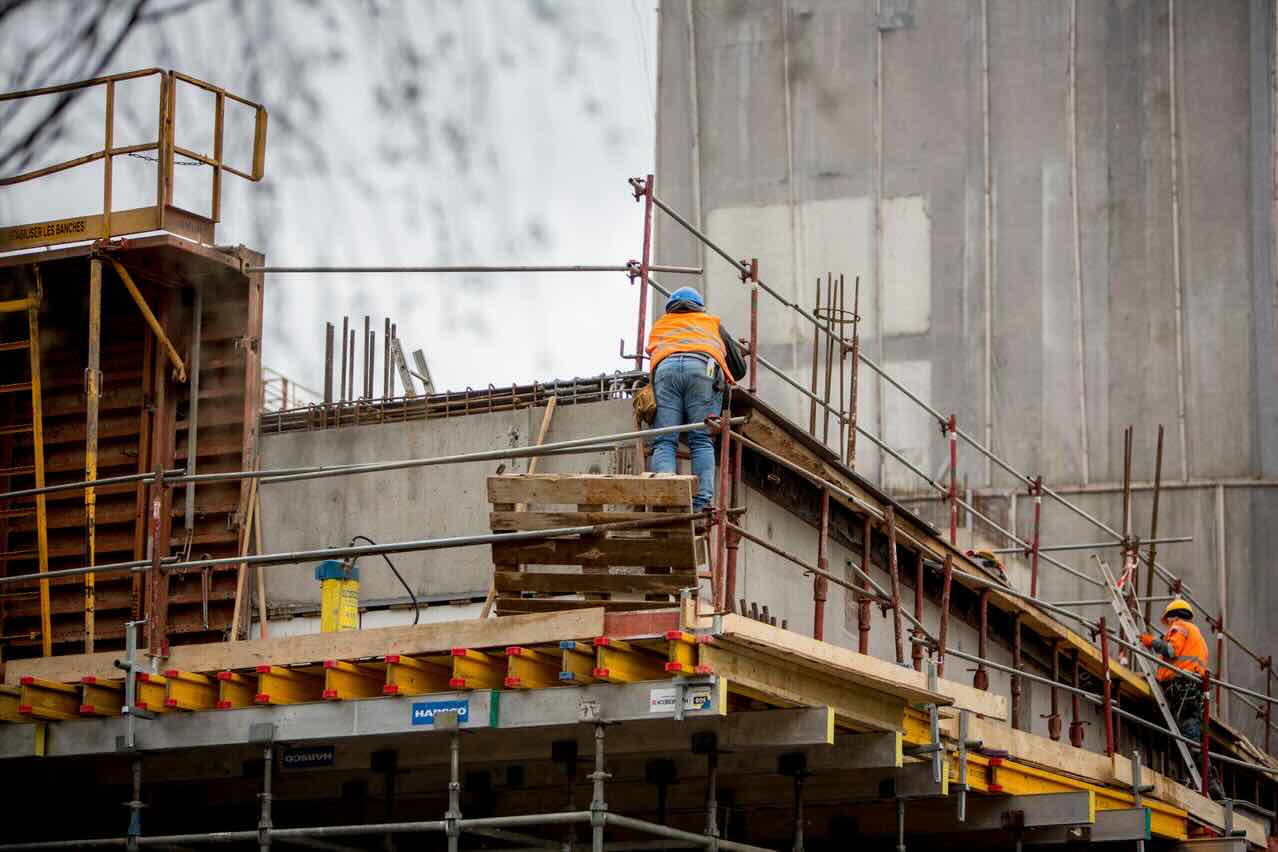

Building & Construction
What Is Craft Experience In Construction
Modified: January 24, 2024
Discover the importance of craft experience in building construction and how it contributes to high-quality results. Gain insights into the skills and expertise required for successful construction projects.
(Many of the links in this article redirect to a specific reviewed product. Your purchase of these products through affiliate links helps to generate commission for Storables.com, at no extra cost. Learn more)
Introduction
When it comes to the field of construction, there is a crucial factor that significantly impacts the quality and overall success of a project: craft experience. Craft experience in construction refers to the expertise, skill, and knowledge acquired through years of hands-on work and professional development in the construction industry.
Construction is a complex and intricate process that requires proficiency in various trades such as carpentry, masonry, plumbing, electrical work, and more. Craft experience is essential to ensure that these tasks are executed with precision and efficiency, resulting in durable and well-constructed buildings.
In recent years, there has been a growing emphasis on technology and automation in the construction industry. While these advancements have undoubtedly improved efficiency and productivity, they have also led to a decline in craft experience. The reliance on technology and the declining number of skilled craftsmen has raised concerns about the quality and integrity of construction projects.
In this article, we will explore the definition of craft experience in construction, understand its importance, examine its role in construction projects, discuss the benefits and challenges of maintaining craft experience, and explore strategies to enhance craft experience in the construction industry.
Key Takeaways:
- Craft experience in construction is crucial for delivering high-quality, durable buildings. Skilled craftsmen ensure safety, efficiency, and problem-solving, contributing to successful projects and long-term cost savings.
- Preserving and enhancing craft experience in construction is essential. Strategies such as apprenticeship programs, vocational education promotion, and technology integration can address challenges and ensure the continuity of skilled craftsmanship in the industry.
Definition of Craft Experience in Construction
Craft experience in construction encompasses the combination of technical knowledge, hands-on skills, and expertise that craftsmen acquire through years of practical experience in their respective trades. It goes beyond theoretical training and formal education, encompassing the hands-on application of techniques and problem-solving in real-world construction scenarios.
Craft experience is developed through a combination of on-the-job training and apprenticeship programs, where individuals work alongside experienced craftsmen to learn the tricks of the trade. It involves mastering the intricacies of specific construction trades, understanding the nuances of materials and tools, and gaining insights into best practices and industry standards.
Skilled craftsmen are well-versed in the art of their trade and possess the ability to tackle complex construction tasks with precision. They have a keen eye for detail, understand the importance of following safety regulations, and can adapt to challenges that arise during the construction process.
Craft experience is not limited to a single trade but can encompass various areas of construction, including carpentry, masonry, electrical work, plumbing, painting, and more. Each trade requires its own set of skills and knowledge, and craftsmen often specialize in a specific area, honing their expertise to become masters of their craft.
Furthermore, craft experience in construction also includes the ability to collaborate effectively with other tradespeople, contractors, and project stakeholders. Skilled craftsmen understand how their work fits into the larger construction project and can coordinate efforts with other trades to ensure seamless integration.
In summary, craft experience in construction refers to the practical knowledge, skills, and expertise acquired through years of hands-on work and training in a specific construction trade. It involves mastering techniques, understanding industry standards, and possessing the ability to tackle complex construction tasks with precision.
Importance of Craft Experience in Construction
Craft experience plays a pivotal role in ensuring the success and quality of construction projects. Here are several reasons why craft experience is of utmost importance in the construction industry:
- Ensures Quality Workmanship: Craftsmen with years of hands-on experience have honed their skills to deliver impeccable workmanship. They have a deep understanding of construction techniques, materials, and tools, ensuring that every aspect of the project is executed with precision. Craftsmen pay attention to detail, resulting in superior quality and durability in the final product.
- Promotes Safety: Skilled craftsmen prioritize safety on construction sites. They are familiar with safety protocols, adhere to regulations, and are proficient in using protective gear. Their experience allows them to navigate potential hazards efficiently, reducing the risk of accidents and ensuring a safe working environment for all workers.
- Efficient Problem Solving: Construction projects often come with unexpected challenges and obstacles. Craftsmen with extensive experience have encountered a wide range of scenarios and can use their knowledge to identify and resolve issues effectively. Their problem-solving skills contribute to efficient project execution, minimizing delays and keeping the construction process on track.
- Effective Communication and Collaboration: Craftsmen act as a bridge between different stakeholders in a construction project. Their ability to communicate effectively with project managers, architects, and other tradespeople ensures streamlined collaboration. They understand project plans and specifications, enabling them to work harmoniously with other professionals to achieve project goals.
- Mentorship and Training: Craftsmen with significant experience can serve as mentors to younger workers in the industry. Their expertise can be passed down through apprenticeship programs, ensuring the preservation and growth of craft experience. Mentorship helps maintain quality standards and fosters the next generation of skilled workers in the construction industry.
- Long-Term Cost Savings: Construction projects that rely on skilled craftsmen may have higher upfront costs due to their expertise. However, in the long run, the quality workmanship provided by experienced craftsmen leads to fewer maintenance issues and the need for repairs. This results in cost savings over time, as the building’s lifespan is extended, and repairs are minimized.
In summary, craft experience is crucial in construction for maintaining quality workmanship, promoting safety, efficient problem-solving, effective communication, mentorship, and long-term cost savings. Skilled craftsmen bring invaluable expertise to construction projects, contributing to their success and sustainability.
Role of Craft Experience in Construction Projects
Craft experience plays a vital role in construction projects, contributing to their overall success and ensuring the delivery of high-quality results. Here are some key roles that craft experience fulfills in construction projects:
- Technical Expertise: Craftsmen with extensive experience possess in-depth technical knowledge of their trade. They understand the intricacies of construction techniques, materials, and tools, allowing them to carry out their work with precision. Their expertise ensures that the project is executed according to industry standards and best practices.
- Task Execution: Craftsmen play a crucial role in executing specific construction tasks. Whether it’s laying bricks, installing electrical systems, or framing walls, their hands-on experience enables them to perform their duties efficiently. They know the correct methods and techniques to achieve the desired outcomes, ensuring the project progresses smoothly.
- Quality Control: Craftsmen act as quality control checkpoints throughout the construction process. With their trained eyes and attention to detail, they can identify any deficiencies or errors in the work done by themselves or other trades. By ensuring that the work meets the necessary quality standards, they contribute to the overall excellence of the project.
- Collaboration: Craftsmen collaborate with other professionals involved in the construction project. They coordinate their efforts with architects, project managers, engineers, and other tradespeople to ensure seamless integration of various components. Their understanding of project plans and specifications facilitates effective communication and collaboration, ensuring that the project progresses according to the established timeline and requirements.
- Problem-Solving: Construction projects often encounter unexpected challenges and obstacles. Craftsmen with experience possess the ability to analyze problems and find efficient solutions. Through their knowledge and expertise, they can adapt to changing circumstances, overcome obstacles, and keep the project on track.
- Mentorship and Training: Craftsmen with significant experience play a crucial role in mentoring and training the next generation of workers. They pass on their knowledge, skills, and work ethic through apprenticeship programs or on-the-job training. By investing in mentorship, craft experience is preserved and transmitted to future craftsmen, ensuring the continuity of high-quality work in the construction industry.
In summary, craft experience is integral to construction projects as it provides technical expertise, ensures task execution, maintains quality control, facilitates collaboration, contributes to problem-solving, and supports mentorship and training. Craftsmen with extensive experience are valuable assets to construction teams, helping to deliver successful projects that meet the highest standards.
Benefits of Craft Experience in Construction
Craft experience in construction offers numerous benefits that positively impact the overall outcome of projects. Here are several key advantages:
- High-Quality Workmanship: Craftsmen with extensive experience bring skills and expertise to the construction site, resulting in superior workmanship. Their attention to detail, precision, and mastery of techniques ensure that every aspect of the project is executed to the highest standards, leading to a durable and aesthetically pleasing final product.
- Efficiency and Productivity: Skilled craftsmen work efficiently and effectively, reducing unnecessary delays and keeping the project on schedule. Their proficiency in their respective trades allows them to complete tasks in a timely manner, contributing to the overall productivity of the construction site.
- Cost Savings: Craftsmen’s expertise minimizes the likelihood of errors or rework, resulting in cost savings for construction projects. Their ability to accurately execute tasks reduces waste, optimizes resource utilization, and avoids unnecessary expenses associated with fixing mistakes.
- Safety: Craftsmen with extensive experience prioritize safety on construction sites. They are well-versed in safety regulations and procedures, minimizing the risk of accidents or injuries. Their heightened awareness of potential hazards promotes a safe working environment for all workers involved in the project.
- Improved Client Satisfaction: Craft experience contributes to satisfying client expectations. The high-quality workmanship provided by experienced craftsmen exceeds client requirements and enhances their overall satisfaction with the completed project. Delighting clients helps build a positive reputation for construction companies and leads to potential referrals and future business opportunities.
- Resilience during Challenges: Experienced craftsmen are adept at problem-solving and adaptability. When faced with unexpected challenges or changes in the construction process, they can quickly find solutions without compromising the quality or the timeline of the project. Their ability to navigate difficulties leads to more resilient and successful construction outcomes.
In summary, craft experience in construction brings numerous benefits such as high-quality workmanship, improved efficiency and productivity, cost savings, enhanced safety, client satisfaction, and resilience during challenges. Skilled craftsmen contribute to the overall success of construction projects and ensure that the end result meets and exceeds expectations.
Craft experience in construction refers to the hands-on skills and knowledge gained through practical work in the field. To build craft experience, seek out opportunities for on-the-job training, apprenticeships, and mentorship from experienced professionals.
Read more: How To Store Construction Paper
Challenges in Maintaining Craft Experience in Construction
While craft experience is invaluable in the construction industry, there are several challenges that hinder its maintenance and growth. These challenges include:
- Lack of Skilled Workforce: One of the primary challenges in maintaining craft experience is the diminishing pool of skilled craftsmen. The construction industry is facing a shortage of experienced workers as the older generation retires and fewer individuals pursue careers in the trades. This scarcity poses a significant risk to the preservation and transmission of craft experience.
- Technological Advancements: The advent of technology in construction has revolutionized the industry, leading to increased automation and reliance on machinery. While these advancements bring efficiency and productivity gains, they also reduce the need for manual craftsmanship. As a result, there is a potential erosion of craft experience as technology takes over more tasks.
- Limited Apprenticeship Programs: Apprenticeship programs are a crucial avenue for passing down craft experience to the next generation. However, the availability of formal apprenticeships has declined in recent years. Fewer employers are offering these programs, making it challenging for aspiring craftsmen to gain the necessary hands-on experience and training.
- Rapidly Changing Construction Techniques: The construction industry is continuously evolving, with new techniques, materials, and building codes emerging regularly. Keeping up with these changes can be a challenge for craftsmen, particularly those who have not received updated training. Without staying updated, craft experience can become outdated and less relevant to modern construction practices.
- Limited Knowledge Transfer: The transfer of craft experience from experienced craftsmen to younger workers is vital for its preservation. However, this knowledge transfer is often inadequate due to a lack of mentorship opportunities or limited time for hands-on training. As a result, the valuable insights and expertise of experienced craftsmen may not be fully passed on, hindering the development of new skilled workers.
- Perception and Prestige: In recent years, there has been a societal shift that places less emphasis on pursuing careers in the trades. Many individuals may perceive construction trades as less prestigious compared to other professions, leading to fewer people choosing to enter the field. This perception further exacerbates the shortage of skilled craftsmen and the challenge of maintaining craft experience.
In summary, maintaining craft experience in construction faces challenges such as a lack of skilled workforce, the influence of technological advancements, limited apprenticeship programs, rapidly changing construction techniques, limited knowledge transfer, and the perception of construction trades. Overcoming these challenges and finding solutions are essential to ensure the preservation and growth of craft experience in the construction industry.
Strategies to Enhance Craft Experience in Construction
To address the challenges in maintaining craft experience and ensure its continued growth in the construction industry, several strategies can be implemented. These strategies aim to enhance and promote craft experience among craftsmen and aspiring professionals. Here are some effective strategies:
- Invest in Apprenticeship Programs: Encourage and support the establishment of formal apprenticeship programs that provide on-the-job training and mentorship opportunities. These programs help aspiring craftsmen gain practical experience while learning from experienced professionals, preserving and passing down craft experience.
- Promote Vocational Education: Raise awareness about the value and importance of vocational education to attract more individuals to pursue careers in the construction trades. By highlighting the benefits of craft experience and debunking misconceptions about working in the trades, more people may choose to enter the field.
- Collaborate with Educational Institutions: Foster partnerships between construction industry stakeholders and educational institutions to develop curricula that emphasize hands-on training and practical skills. By aligning educational programs with industry requirements, these collaborations can help bridge the gap between theory and practice.
- Embrace Technology as Complementary: While technology may reduce the need for manual labor, it can also be utilized to complement craft experience. Integrate training programs that teach craftsmen how to effectively use modern tools and technology, ensuring that they remain relevant and adaptable in an increasingly automated industry.
- Promote Continuous Professional Development: Encourage ongoing professional development for craftsmen through training, workshops, and certifications. This enables craftsmen to stay updated with the latest construction techniques, advances in materials, and changing industry regulations, enhancing their craft experience and adaptability.
- Create Mentorship Programs: Develop mentorship programs that pair experienced craftsmen with younger workers. This helps foster knowledge transfer, allowing the next generation to benefit from the expertise and wisdom of experienced professionals. Encouraging and incentivizing mentorship can ensure the preservation and growth of craft experience.
- Raise Industry Awareness: Educate the public, policymakers, and industry leaders about the significance and value of craft experience in construction. By highlighting the positive impact of skilled craftsmen and promoting the importance of preserving their expertise, support for policies and initiatives that enhance craft experience can be garnered.
Implementing these strategies can help enhance and promote craft experience in the construction industry, addressing the challenges faced and preserving the invaluable knowledge and skills of skilled craftsmen. By investing in the development and transmission of craft experience, the construction industry can continue to deliver high-quality projects and foster a new generation of skilled professionals.
Case Studies of Successful Implementation of Craft Experience in Construction
Several construction projects have successfully implemented strategies to enhance and preserve craft experience. Here are a few notable case studies:
- The Guggenheim Museum, Bilbao, Spain:
The construction of the Guggenheim Museum in Bilbao is widely regarded as a masterpiece of modern architecture. The success of this project was partly due to the collaboration between renowned architect Frank Gehry and skilled craftsmen. Craftsmen with extensive experience in metalworking were instrumental in fabricating the museum’s iconic titanium exterior, bringing Gehry’s visionary design to life. - The Burj Khalifa, Dubai, UAE:
The construction of the Burj Khalifa, the world’s tallest building, involved a massive workforce with diverse construction skills. Skilled craftsmen, including structural engineers, steelworkers, masons, and electricians, played a vital role in the project’s success. Their expertise ensured the seamless integration of different construction elements, resulting in the completion of this architectural wonder. - The Sagrada Familia, Barcelona, Spain:
Antoni Gaudí’s masterpiece, the Sagrada Familia, is a testament to the integration of craft experience in construction. The ongoing construction of this basilica relies heavily on skilled craftsmen’s talents, who continue to utilize traditional construction techniques. Stonecutters, stained-glass artisans, and woodcarvers work alongside architects and engineers to preserve Gaudí’s vision and ensure the highest level of craftsmanship. - The High Line, New York, USA:
The transformation of the High Line, an abandoned elevated railway in New York City, into a vibrant public park required a blend of craft experience and innovative design. Skilled craftsmen specialized in landscape architecture, horticulture, and woodworking were involved in the restoration and construction processes. Their expertise ensured that the unique features of the park, such as custom-built furniture and intricately designed green spaces, were executed with precision. - The Shard, London, UK:
The construction of The Shard, one of London’s iconic skyscrapers, relied on a highly skilled workforce. Craftsmen with expertise in glass installation, metal fabrication, and structural engineering were essential in creating the distinctive curtain wall of glass that wraps around the building. Their craft experience and attention to detail contributed to the success of this architectural marvel.
These case studies highlight the vital role of craft experience in construction projects of various scales and complexities. Skilled craftsmen, working in collaboration with architects and engineers, bring their expertise to produce remarkable structures that stand the test of time. By recognizing and preserving craft experience, these projects showcase the immense value it brings to the construction industry.
Conclusion
Craft experience in construction is a critical factor that contributes to the success, quality, and sustainability of construction projects. Skilled craftsmen with years of hands-on experience bring invaluable expertise, ensuring high-quality workmanship, efficient task execution, and effective problem-solving. They play a vital role in promoting safety, collaborating with other professionals, and passing down their knowledge through mentorship and training.
However, the preservation and growth of craft experience face challenges such as a lack of skilled workforce, technological advancements, limited apprenticeship programs, rapidly changing construction techniques, limited knowledge transfer, and perception issues. To address these challenges, strategies can be implemented, including investing in apprenticeship programs, promoting vocational education, embracing technology complementarily, encouraging continuous professional development, facilitating mentorship programs, and raising industry awareness.
Case studies of successful implementation of craft experience in construction, such as the Guggenheim Museum in Bilbao and the Burj Khalifa in Dubai, highlight the pivotal role of skilled craftsmen in creating architectural masterpieces. These projects serve as reminders of the value of craft experience and motivate the industry to prioritize its preservation.
In conclusion, craft experience is a cornerstone of the construction industry. It ensures the delivery of high-quality projects, promotes safety, supports collaboration, and contributes to the overall success and satisfaction of clients. By recognizing the importance of craft experience and implementing strategies to enhance and preserve it, the construction industry can continue to thrive, creating iconic structures that stand as testaments to skilled craftsmanship.
Frequently Asked Questions about What Is Craft Experience In Construction
Was this page helpful?
At Storables.com, we guarantee accurate and reliable information. Our content, validated by Expert Board Contributors, is crafted following stringent Editorial Policies. We're committed to providing you with well-researched, expert-backed insights for all your informational needs.
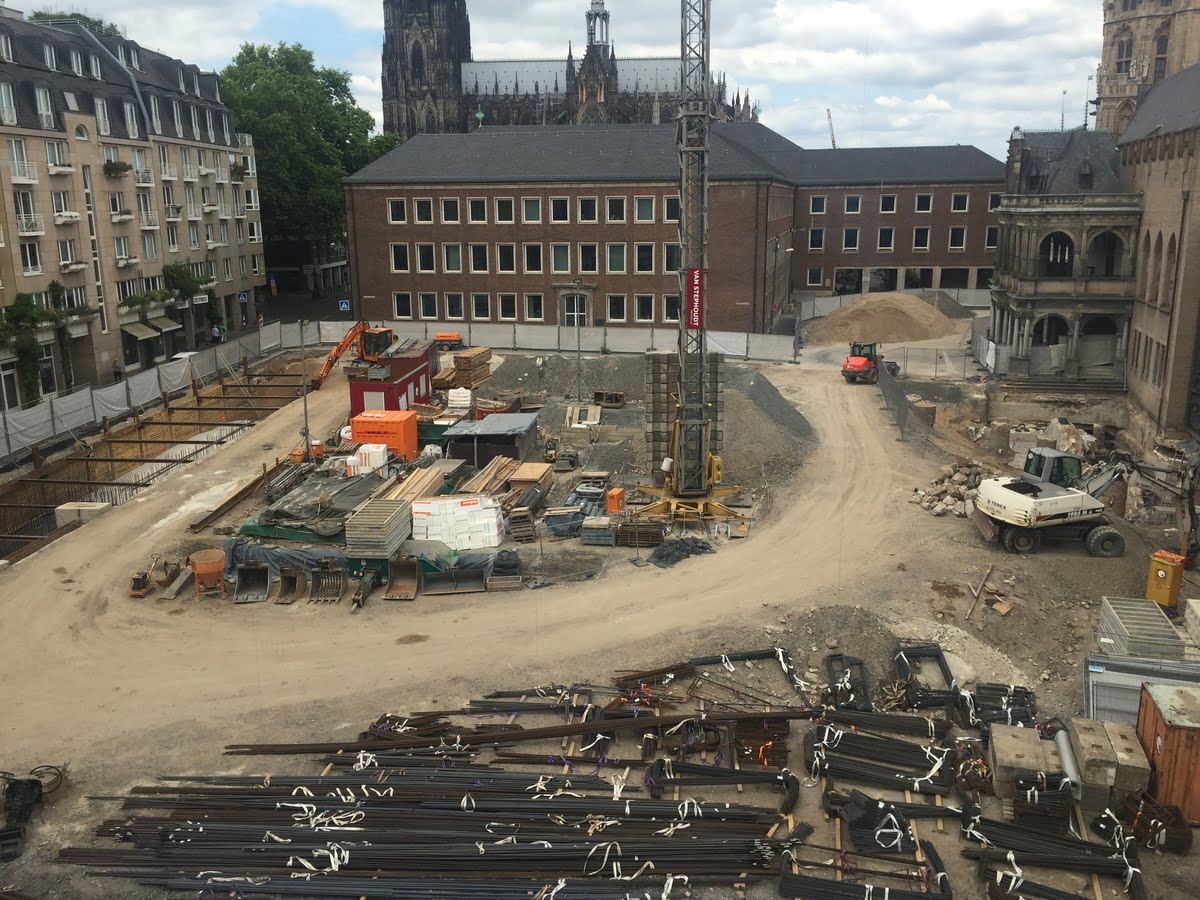






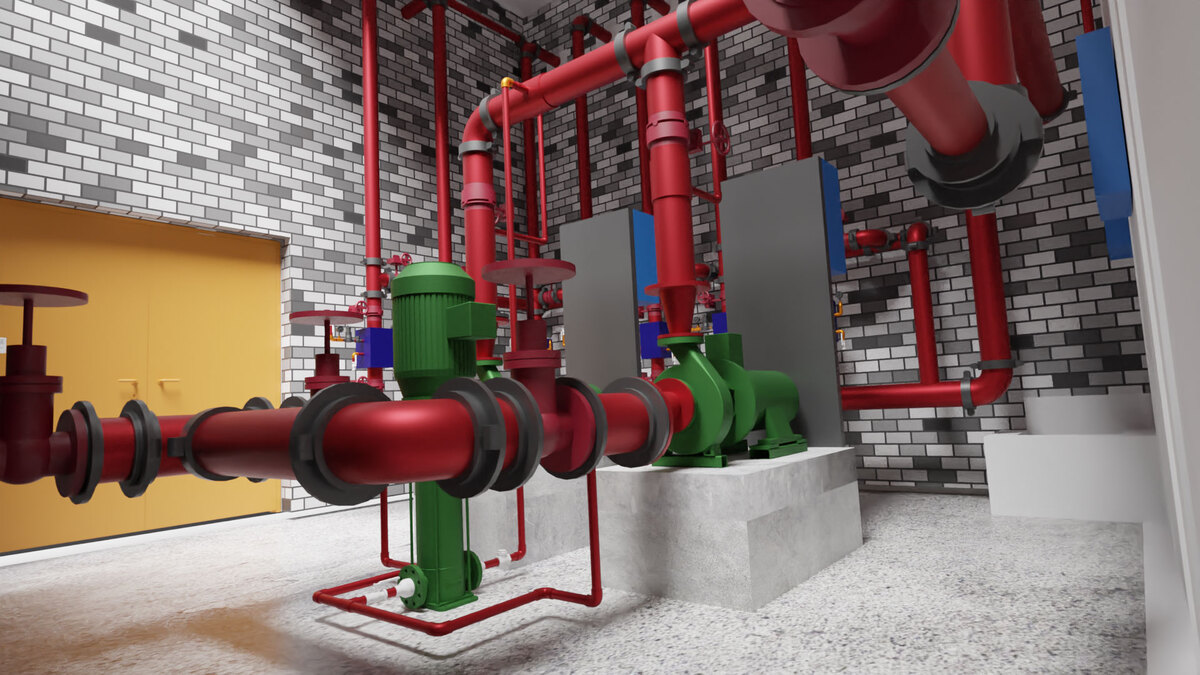

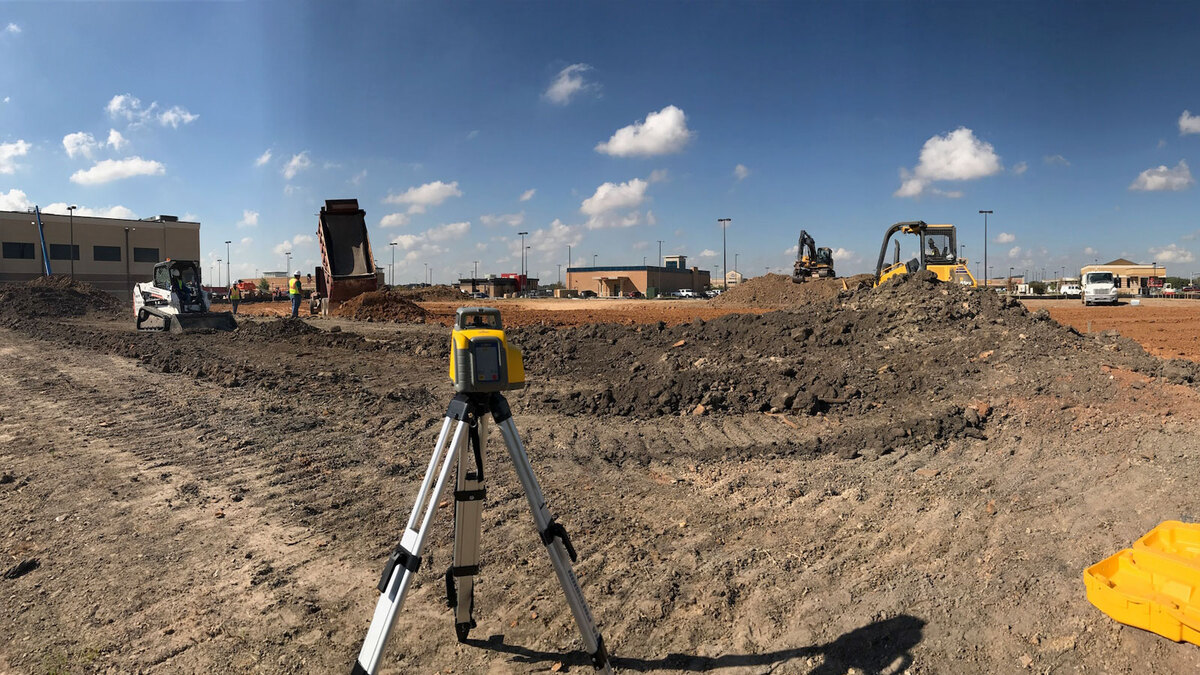
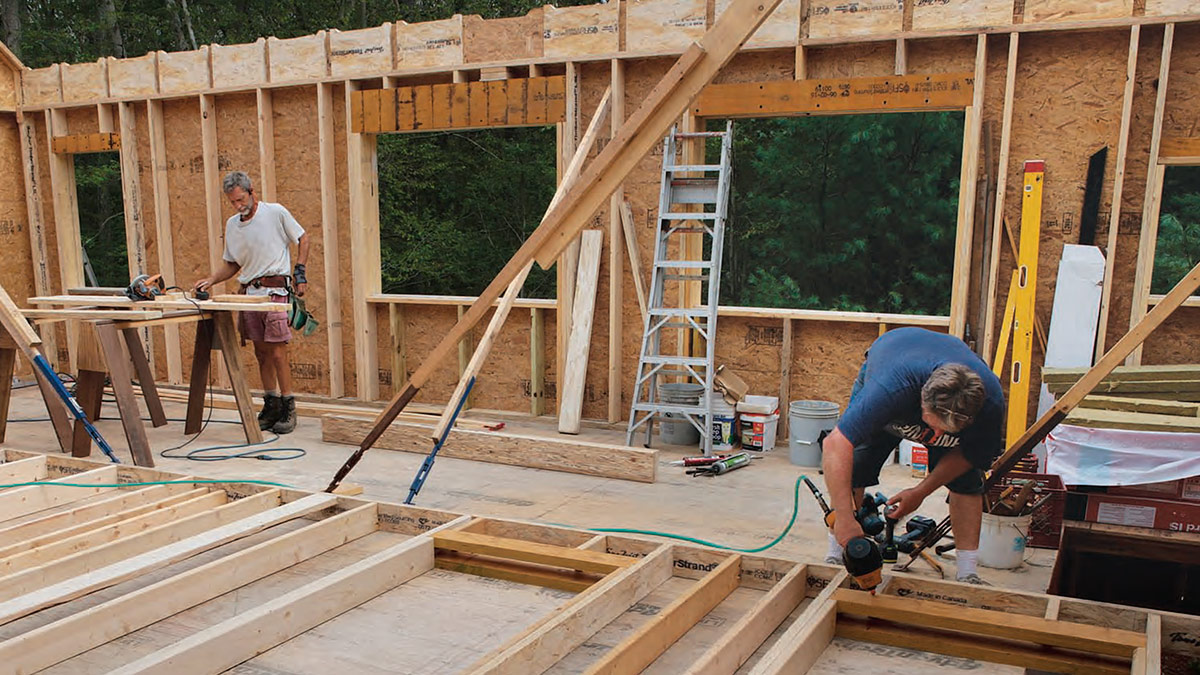
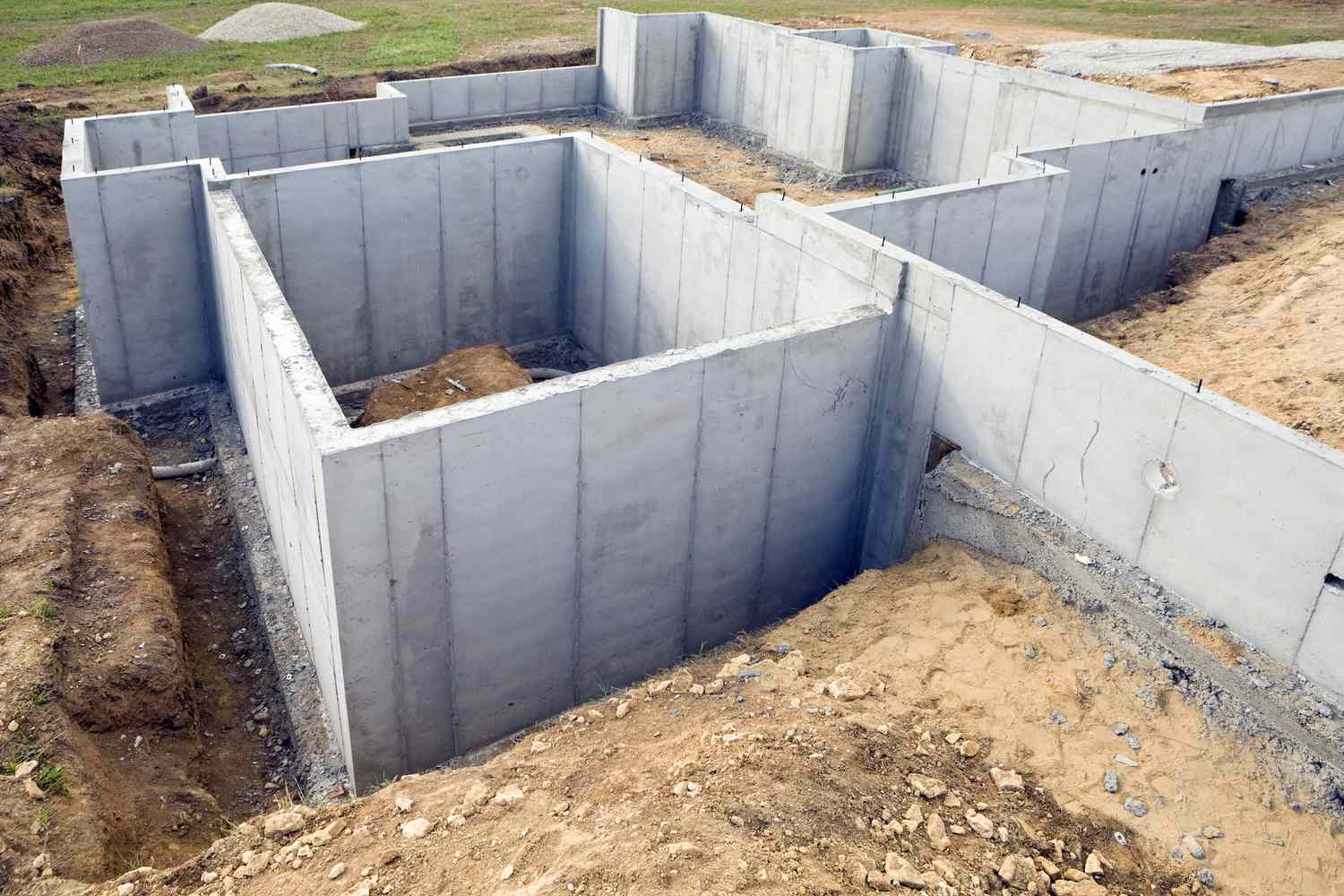
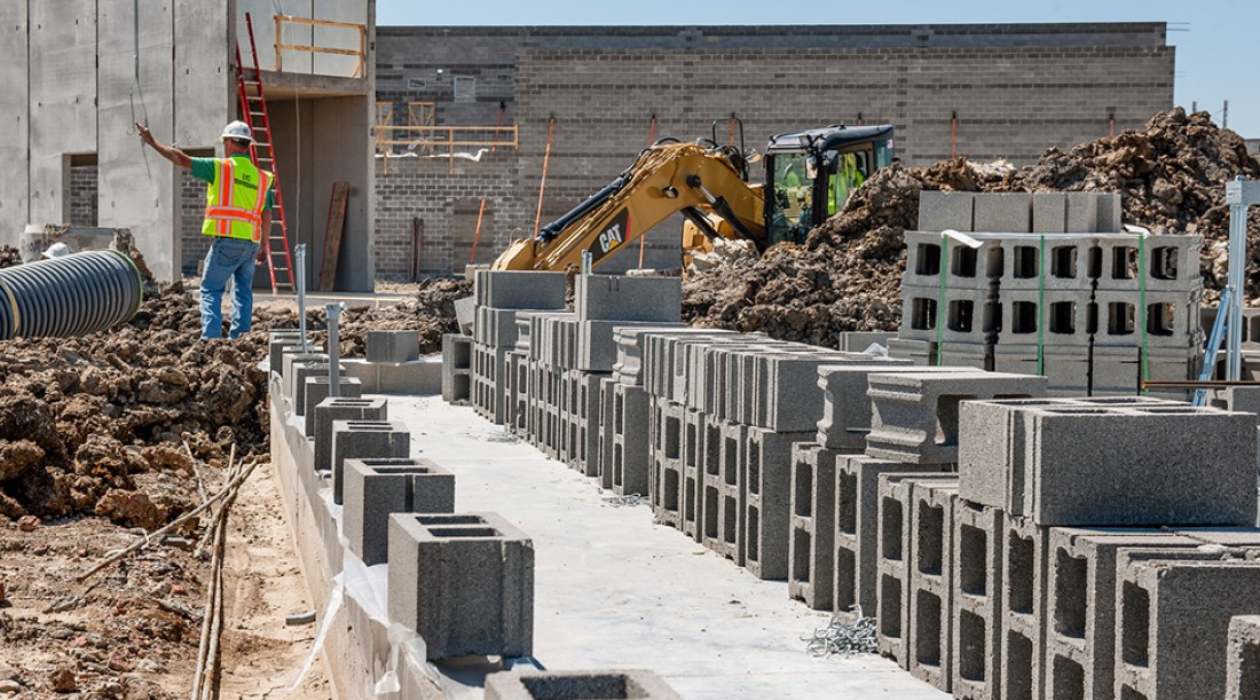


0 thoughts on “What Is Craft Experience In Construction”